So you’ve been talking to this candidate for a couple of weeks now. It started as a passive search as you were scrolling through LinkedIn to build a talent pool. You slid into their DMs (direct message) and had a great conversation about their current job search status. It seemed like the right move to take things to the next level. So you scheduled a phone call and talked about potential openings with your company and the company’s culture. You were on cloud 9. You found an awesome match to a role that’s proving tough to fill.
Fast forward to now. That awesome person you hyped up to the hiring manager is thirty minutes late to the interview. No email, text, or phone call as to why they’re late. Absolutely nothing. The candidate never shows up. They don’t even respond to your multiple phone calls, emails, or DMs to find out what happened.
Because, hey, things happen. Maybe a tree fell on their house and they dropped their phone in the toilet so they couldn’t let you know. Now you’re just worried that something serious happened to them. Why else would they not respond? You want to be optimistic because you had such a great connection and were so hopeful for the potential success of this amazing talent at the company.
But I hate to break it to you… you’ve been ghosted.
It sucks. We’ve all been there.
Just in case you’re not familiar with the term, ghosting is when someone ends a relationship and all communication with another person with no warning. It’s very sudden and usually leaves the other person reeling with questions. Unfortunately, an integral part of ghosting is the abrupt end of all communication so answers are rarely given.
Ghosting is not necessarily a new phenomenon but became more prevalent with the rise in online dating. Though, it’s not limited to romantic relationships. Ghosting can also occur amongst friends in platonic relationships. And now even happening between recruiters and candidates.
Luckily for you, the ghosting occurred early on in the relationship. There’s a rising trend of new hires not showing up on the first day. Imagine being ghosted after going through the full recruitment process, getting accounts and tech setup, even working with managers to set up an onboarding plan. Then the person does not show up on the first day with no communication, no explanation. It leaves a bad taste in your mouth.
Why are we being ghosted???
Candidates ghost for many reasons but more likely than not, they got another offer. There are more jobs than qualified, skilled talent for the roles. Which is especially truer for certain industries. So it’s a candidates’ job market and they’re avoiding that awkward conversation to tell you they’re no longer interested.
But companies are not off the hook either. Before the talent crisis, it felt like a toss-up if recruiters followed up on an application or resume. Many candidates felt like submitting a resume for a job opening online was like sending it to a black hole. People have even experienced getting no follow-up after a phone or in-person interview. They’re left with the thought “well I guess I didn’t get the job since I haven’t heard anything”.
We can’t continue to ghost one another
Ghosting has significant psychological impacts on a person’s well-being. It can take a toll emotionally and mentally. It can result in people feeling disrespected, used, and disposable. For recruiters, ghosting creates a pessimistic view of candidates that can be perpetuated onto others. They might overbook candidate interviews to avoid having to start the recruitment process again. For candidates, ghosting changes their views on your employer brand and will most likely not apply again. They will also share their experiences with others. It creates a vicious cycle.
All we have to do is put a bit more effort into communication. It’s okay to give someone bad news that you’re no longer interested in the role or that they weren’t the right fit for the job. It gives the opportunity for dialogue and a learning opportunity for growth. We may not all have the time to respond to every single inquiry with a lengthy chat, but at least send a quick note.
An HR dashboard provides one place for all your metrics to easily be calculated and tracked. It can even be shared with key stakeholders, business leaders, and others to quickly tell the story of how your workforce is performing.
Sign up today for a free demo of our automated HR dashboard.












